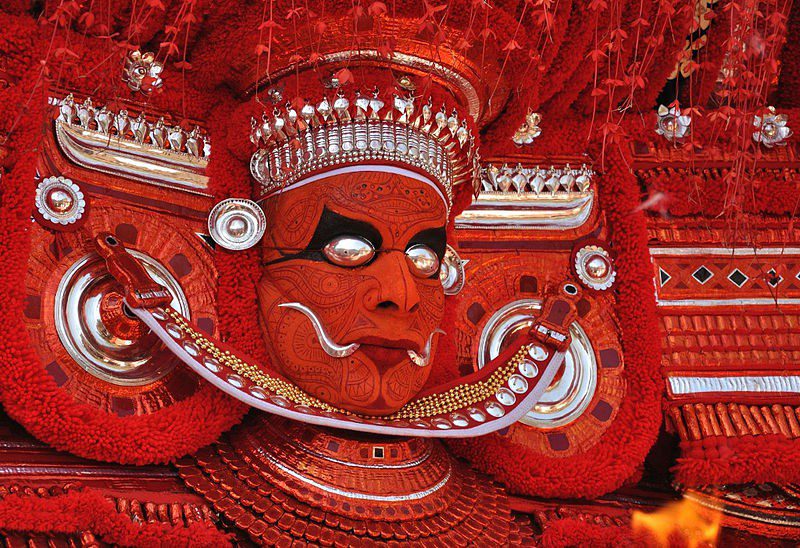Hinduism is a religion that emphasizes non-violence, the union of the body and the mind, the law of cause and effect, the cycle of birth and death, the practice of worship, repetition, fasting as a spiritual practice, the festival of colors, the continuous flame, and the practice of service. These principles and practices have been passed down for generations and focus on leading a righteous life full of humility, compassion, and selflessness. The beauty of Hinduism lies in its rich culture and traditions that have stood the test of time. Overall, Hinduism is a diverse religion that offers unique insights and practices for achieving spiritual enlightenment.
1. Ahimsa: Non-Violence
One of the fundamental principles of Hinduism is Ahimsa – non-violence. Practiced not only towards fellow humans but also towards animals and nature, Ahimsa is an essential practice of Hinduism. The Vedas prescribe non-violence as the way of life for all Hindus. The principle is so deeply ingrained in Hindu culture that even during protests or demonstrations, Hindus practice non-violence.
2. Yoga: The Union of the Body and the Mind
Yoga is a popular practice worldwide, but it has its roots in Hinduism. The practice of meditation and breathing techniques helps in calming the mind, healing the body, and achieving a state of inner peace. The physical aspect of yoga includes various postures or asanas that can be performed to maintain overall physical health.
3. Karma: The Law of Cause and Effect
Karma is another essential principle of Hinduism, and it means that every action has an equal and opposite reaction. Hindus believe that actions performed in the past life determine the future. This belief highlights the importance of leading a truthful and righteous life.
4. Reincarnation: The Cycle of Birth and Death
Hindus believe in reincarnation, which means that after death, the soul takes another physical form. The cycle continues until the soul achieves Moksha or liberation. The concept of reincarnation is not only limited to humans but also applies to animals and plants.
5. Puja: The Practice of Worship
Puja is the practice of worshiping deities or Gods in Hinduism. It is a vital ritual that takes place in the temple, but Hindus also perform it in their homes. The act of worshiping the Gods is believed to invoke their blessings and shower prosperity and good luck.
6. Japa: The Act of Repetition
Japa is the act of repetition, usually of a mantra or a sacred word. This practice helps in calming the mind and attaining a state of inner peace. It is often performed by Hindus during meditation, and it is believed to bring spiritual enlightenment.
7. Vrat: Fasting as a Spiritual Practice
Vrat is a spiritual practice that involves the act of fasting. It is often performed by Hindus on particular days or during specific occasions. The practice of fasting is believed to purify the body and the mind, and it is also believed to invoke the blessings of the deities.
8. Holi: The Festival of Colors
Holi is a popular festival celebrated by Hindus all over the world. It is also known as the Festival of Colors, and it signifies the victory of good over evil. During the festival, people smear each other with vibrant colors, and it is believed to unite people from different castes and religions.
9. Akhand Jyoti: The Continuous Flame
The Akhand Jyoti is an essential practice of Hinduism, and it involves keeping a continuous flame burning. It is a symbol of divine light, and the practice is often performed by Hindus during their prayers or meditation. The flame is believed to cleanse the mind and purify the soul.
10. Seva: The Practice of Service
Seva is the act of selfless service, wherein one helps another without expecting anything in return. It is an essential practice of Hinduism and is often performed by Hindus during their daily lives. The act of service is believed to be the highest form of worship and helps in attaining spiritual enlightenment.
In Conclusion:
Hinduism is a diverse religion with many unique practices that have been passed down for generations. The principles of Hinduism focus on leading a righteous life full of humility, compassion, and selflessness. The practices range from yoga, worship, fasting, meditation, and service to rituals such as Akhand Jyoti and Holi. The beauty of Hinduism lies in its rich culture and traditions, and the practices that have stood the test of time.
